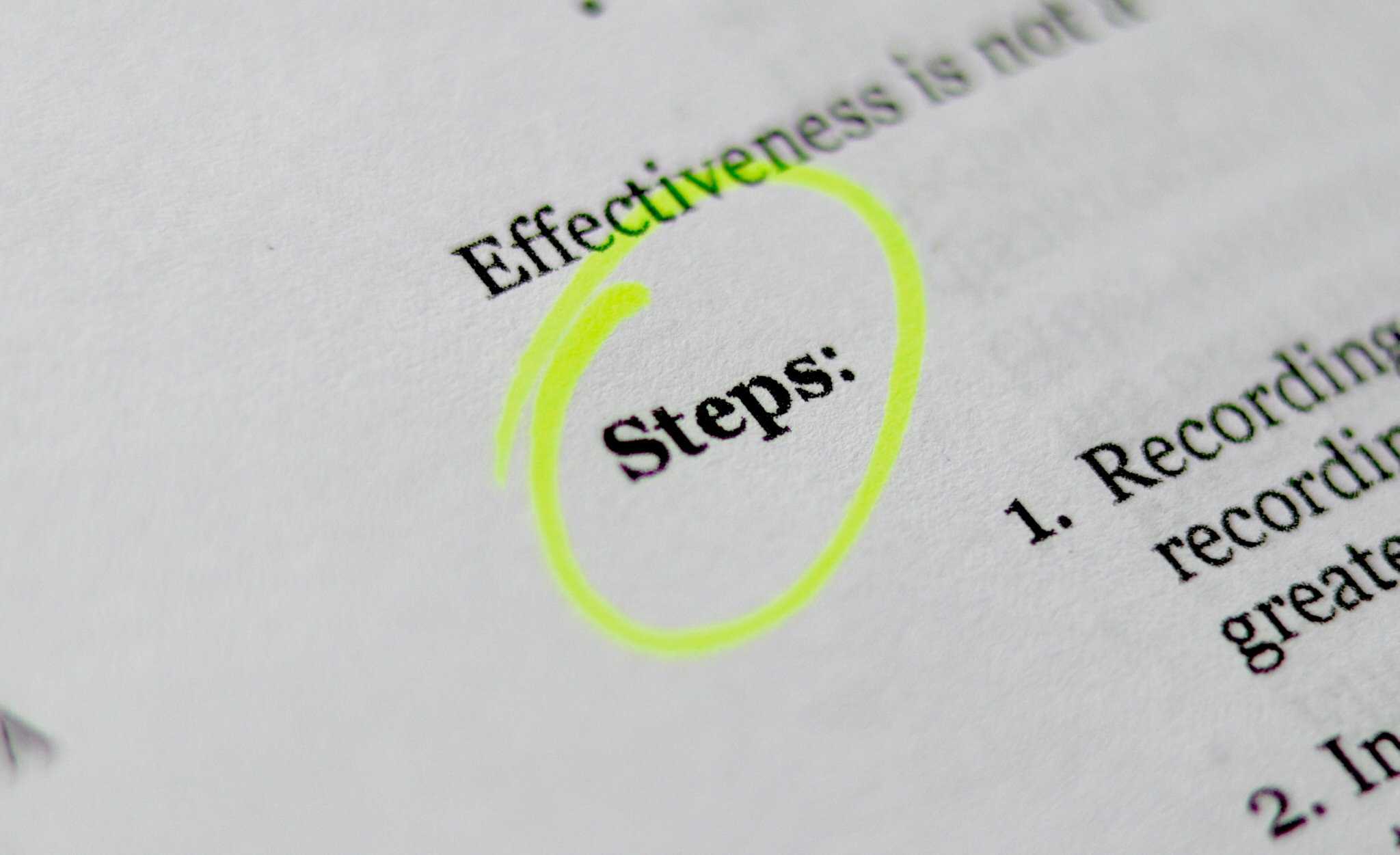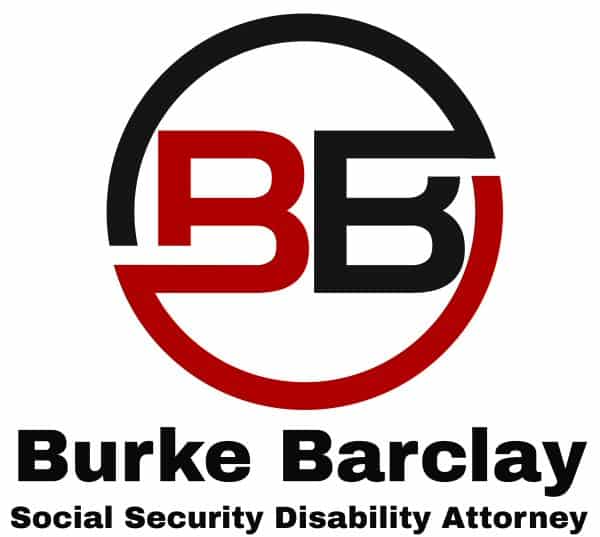Understanding The Process For Social Security Disability
It’s important to understand the process your Social Security disability claim will go through to make a determination of whether a person is disabled. For those new to the system, the thought of going through such can seem daunting.
First, you need to file your Social Security disability claim online. Keywords such as, “File Social Security Disability Claim Online,” is really the best way to find the online application. You should see it a few places down under one of Social Security Administration’s own website.
Further, you need to be prepared when beginning the online application. There is an adult disability checklist you can find online as well, which will tell you all the questions Social Security will require to complete the online application. At the bare minimum, you need to be able to tell the Administration where you have worked for the last fifteen years and your recent medical treatment.
Second, your case will then be transferred to your local Social Security office. From there, you will likely be required to submit additional information such as last year’s W-2’s, marriage certificate, past income tax returns, etc. What you need to know, is that until you fulfill these requirements, your case will be held at your local office. Oftentimes, people wonder why it is taking so long to make a decision on their case, and in fact, their case is still sitting at their local office waiting for the additional information.
Here’s a side note: If you do not have enough work credits to qualify for SSDI, then after filing your claim, you need to immediately contact the national 800# and set up an appointment for SSI as well. The personnel at the local office are supposed to contact you in regards to filing the SSI application, but because the Administration is very busy, you will often get lost in the clutter. It’s always best to be safe than sorry.
After your case has cleared your local office, it will then be sent to your state’s Disability Determination Service (DDS). From there, your case will be handed over to your own case manager. He or she will be the one that actually puts your medical and work history together for a decision. So, once you receive notice that your case is now with your state Disability Service, then you at least know your case is moving forward.
From there, you will be sent a Function and Work History Report. These are very important, and your case will not qualify for final review until you complete the forms and send them back to your case manager. Take these reports very seriously. You must answer the questions honestly, and if you exaggerate your impairments, they will not coincide with your medical records, and your case will be determined to be not credible.
Another side note: Let your doctors know that you have filed for Social Security disability benefits. Your doctor can notify his office to be looking for your medical records request to be coming from DDS. The faster your doctor sends back your records, the faster your claim will be adjudicated. Often, when people experience delays, it is because DDS is still waiting for your doctor records.
Once all information is received in the DDS office, your case will be handed over to a state medical doctor or psychologist to review your case. From there, you will either receive a denial or an approval. If you are approved, then you will start receiving benefits and any back pay owing to you.
If your case is denied, then most states require you to file your first appeal. If you are required to file an appeal, you can then again find the online appeal through Social Security’s website. After your first appeal, called a Reconsideration, your case will then be returned back to your state’s DDS service, and you will receive a new case manager. From there, you will be required to complete another Function Report, and a different doctor will then review your file. You will either receive an approval or denial at this stage as well.
For those who are denied a second time, then you will have to attend a hearing before an Administrative Law Judge. He or she will further evaluate your case, and you will be required to testify as to your impairments. He or she will evaluate all your evidence and testimony and again make a determination. Just so you know, after your second appeal, you will likely have to wait at least 12 to 14 months before you are required to appear at your hearing. Use this time wisely.
Continue seeking treatment and make sure all your medical evidence is with the hearing office so the judge can make an informed decision. Many cases are lost at this level because there is not sufficient evidence to show you are unable to work.
If the Administrative Law Judge denies your benefits, your will then have to turn to the Appeals Council to overturn the judge’s decision. You will be required to show how the judge either ruled incorrectly against the evidence you had in your file, or he or she misapplied the law. By the way, if you’ve handled your case on your own up until this point, it’s always best to hire a disability lawyer to present your case to the Appeals Council.
The Appeals Council will either remand the case back to the judge, if there was error, or will affirm his or her decision. If the decision is affirmed, then you will have no other choice but to continue pursuing your case in federal district court.
If you had to put a timeline on the above events, it will usually look something like this (if there are no unusual delays):
Filing your initial application: Approximately four to five months
Your first appeal (Reconsideration): Three to four months
Appeal for a hearing: One year to 14 months
Appeal to the Appeals Council: At least one year
Appeal to federal court: At least one year
Now, in between all of those years, if the case is returned back to the hearing office for the same judge to review his or her decision, you could be looking as long as three to four years before finally winning your case.
Seems daunting, doesn’t it? Remember, all the while you are attempting to survive while not working. Therefore, it’s always best to properly prepare before ever filing for Social Security disability benefits. You may be at this thing for a long time, but if you truly can’t work, then always remember you paid into the system with every dollar you made while working, and you should receive your benefits at some time.
You Need an Experienced Social Security Disability Lawyer
We represent claimants fighting for their Social Security disability benefits throughout Texas and California. Contact the Law Office of Burke Barclay for a highly experienced Social Security Disability Lawyer in Dallas, Texas
"Experienced Social Security Disability Lawyer representing clients throughout the United States who either need to initially file for their Social Security disability benefits or have been denied at one of the various stages throughout the process to give them the best chances of success."
Business Address
The Law Office of Burke Barclay
3838 Oak Lawn Ave.
Suite 1000
Dallas, TX 75219
Business Hours
Monday - Friday
8:00 AM - 5:00 PM





